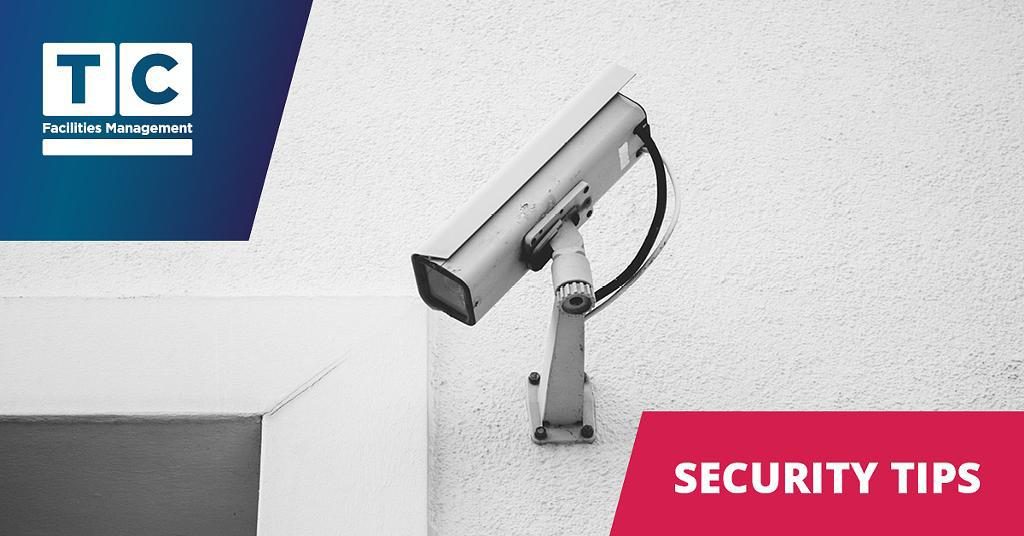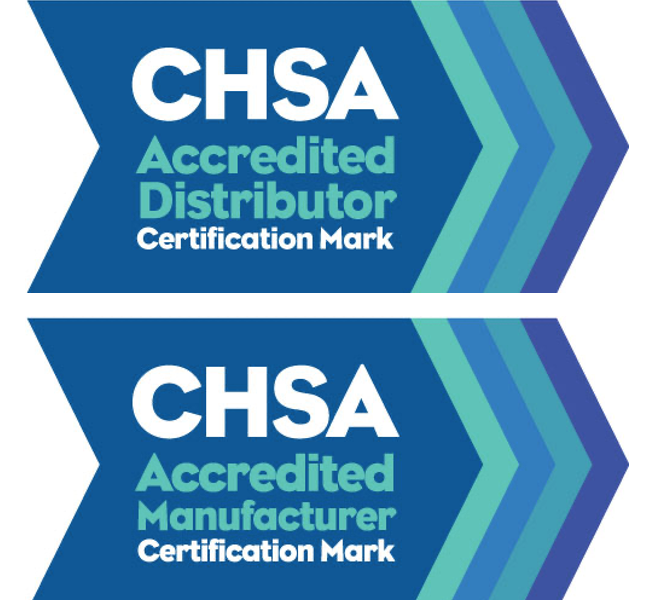Satia Rai, operations director for TC Security services shares some common security mistakes.
Not identifying your security needs– By far the biggest mistake businesses make is not clearly defining what the risks are. No business is the same and it is therefore impossible to use a “one-size-fits-all” solution. To avoid this risk tap in to the expertise on offer from an SIA accredited security service provider that is approved to supply manned guarding services.
Not securing or controlling access points– Many businesses have more than one entrance or exit. Each of these pose a security risk. To limit the security risk ensure that all access points are secured, controlled and fitted with the best security systems.
Not securing important areas– Neglecting to protect business data and other confidential information often held in important areas of the business, such as computer server rooms and places with critical documents, is another mistake that businesses sometimes make. Consider securing these sensitive areas by installing biometrics access systems together with security video systems.
Not enforcing ID requirements– Failing to enforce ID requirements can mean non-authorised persons having access to important areas in the business and can lead to thefts in the business. You have to enforce ID and badge requirements. Both these two items are effective when it comes to controlling access points. As much as it may be tempting to let higher management and frequent visitors into the building without their badge or needing to sign in or follow the visitor policy, resist the temptation to do so since it undermines the integrity of the programme.
Not protecting personal information and company property– Since the introduction of GDPR the number of data breaches have significantly increased due to a variety of reasons. One cause of this, according to reports, is that in some places a “clear desk” policy is still not being followed. To support staff to follow a policy, a security patrol is able to both identify areas where re-education may be valuable along with placing information not adhering to the policy in a control room for collection later. Another way to avoid the loss of property is to implement random personal searches. This enables checks to ensure that any assets being taken away from the property are assigned to individual against recorded asset numbers.



